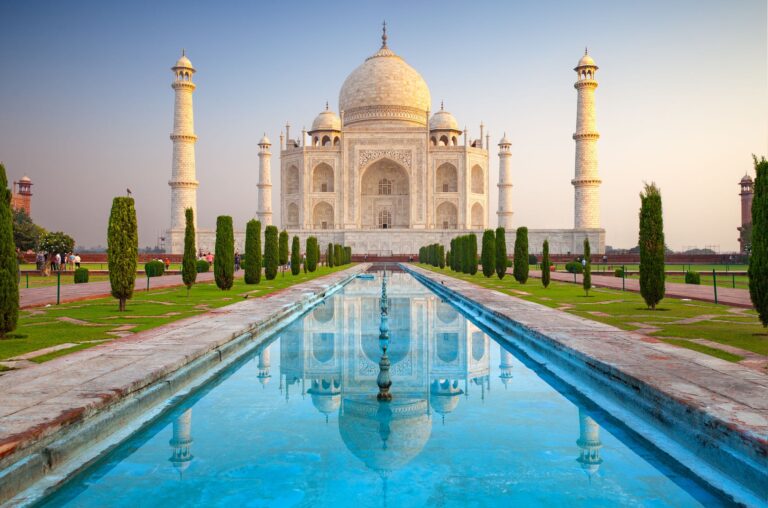The Impacts and Outcomes of Islamic Learning Cities
Islamic learning cities, historically have produced various outcomes that have had a profound impact on society, culture, science, and education including:
- Advancements in Science and Knowledge by Scientific Method and Experimental Technique;
- Cultural and Artistic Flourishing;
- Preservation and Translation of Texts;
- Expanding Inclusive Educational Institutions and Madrasahs;
- Philosophical and Theological Inquiry;
- Multiculturalism and Tolerance;
- Legacy of Universities;
- Literary and Poetic Achievements;
- Global Impact and Knowledge Transmission;
- Influence on Islamic Law and Jurisprudence;
- Legacy in Modern Educational Systems;
- Cultural Heritage and Identity; and
- Inspiration for Contemporary Learning Cities.
Internationally recognized Muslim scholars of medieval Islamic civilization who have been described as the father or the founder of a field by some modern scholars:
- Abu al-Qasim al-Zahrawi, “father of modern surgery“.
- Ibn Al-Nafis, “father of circulatory physiology and anatomy.
- Abbas Ibn Firnas, father of medieval aviation.
- Alhazen, “father of modern optics”.
- Jabir ibn Hayyan, father of chemistry
- Ibn Khaldun father of sociology.
- Ibn Sina is widely regarded as the father of early modern medicine as well as the father of Clinical Pharmacology.
- ‘Ali ibn al-‘Abbas al-Majusi, also known as Haly Abbas: founder of anatomic physiology”.
- Al-Biruni: the “founder of Indology“, “father of comparative religion” and geodesy, and “first anthropologist” titles for his remarkable description of early 11th-century United India under Muslim rule. Al-Biruni is also known as the “father of Islamic pharmacy”
- Al-Khwarizmi: most renowned as the “father of algebra”[18][19] Al-Khwarizmi had such a huge influence on the field of mathematics that it is attributed to him the eponymous word ‘algorithm‘ as well as ‘algebra‘.
- Al-Farabi: regarded as the “founder of Islamic/Arab Neoplatonism“.
- Muhammad al-Idrisi: father of world map.
- Averroes (Ibn Rushd) (1126-1198): known in West as The Commentator, “father of free thought.
- Ismail al-Jazari: Father of Automaton and Robotics.
- Suhrawardi: founder of the Illuminations School of Islamic Philosophy.
